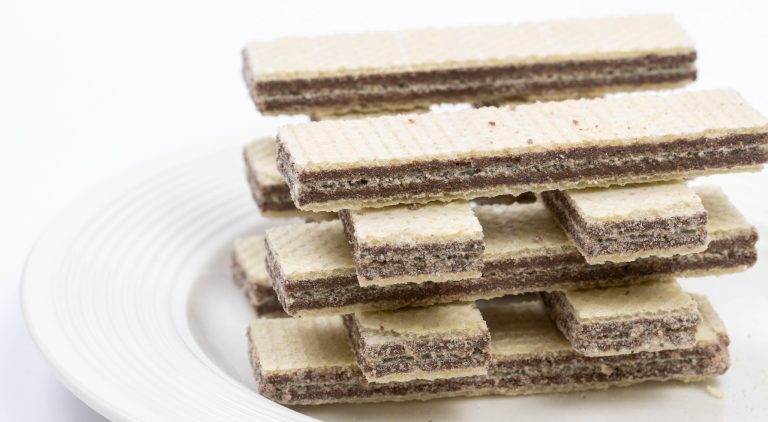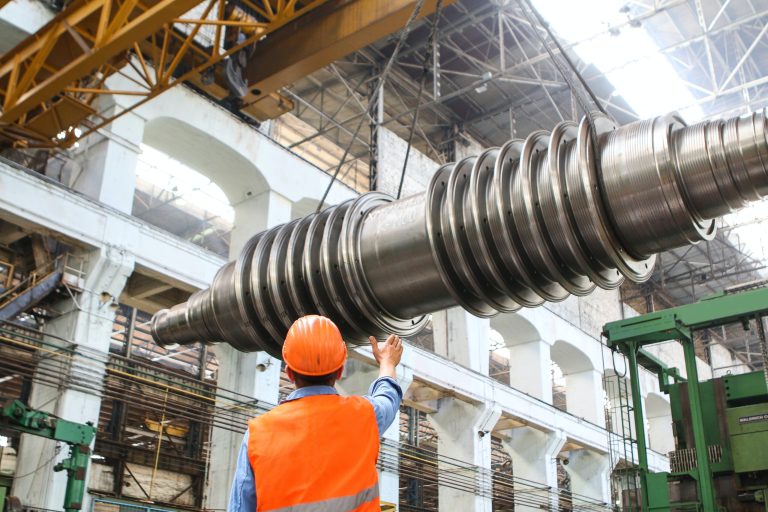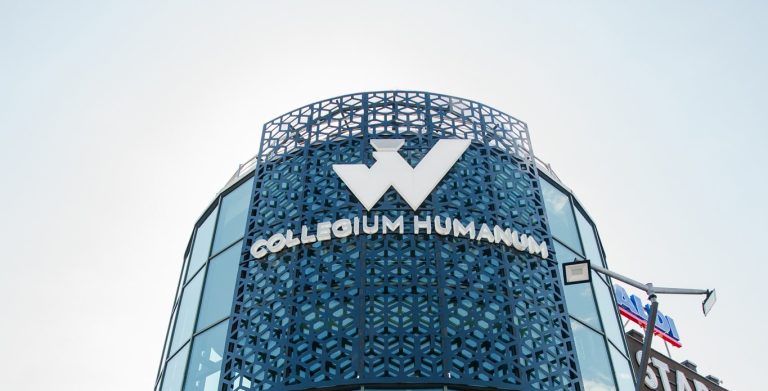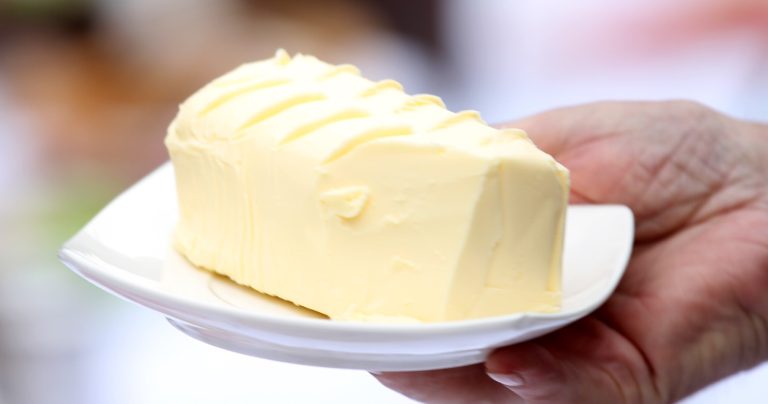Iconic Kraków milk bar closes
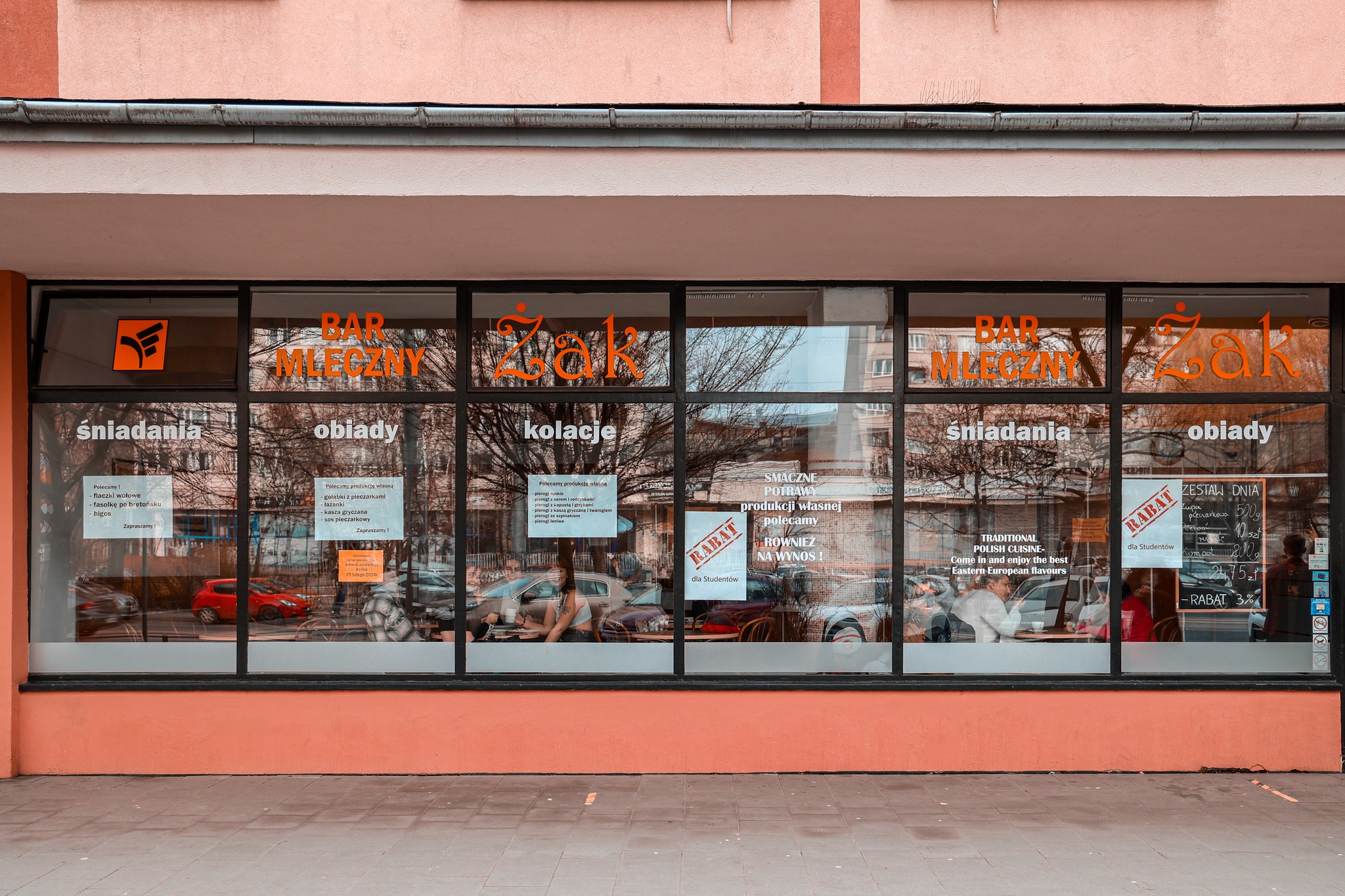
A famous milk bar in the city of Kraków has closed its doors after decades of providing cheap, hearty, freshly made meals to locals.
The development adds to a trend in recent years for milk bars – a type of Polish eaterie that emerged around the turn of the 20th century but became particularly widespread in the communist era – to close down amid falling state subsidies as well as Poles’ growing wealth and changing tastes.
The latest closure has led local politicians to call on the city to do more to support longstanding businesses that have become part of the community but struggle financially.
@edita.kaite One of the most unique places to eat in Krakow city is Bar mleczny Żak 😍🍲🙌🏽. Highly recommend! You must visit for delicious Polish food and an authentic interior! 🇵🇱♥️ #krakow #krakowfood #krakowplaces #krakowfoodie #polishfood #polandvisit #polandtravel #polandfood ♬ Good Vibes (Instrumental) – Ellen Once Again
Last week, staff at Żak, a milk bar on Kraków’s Królewska Street, were informed that they would open their doors for the last time on 29 February.
The restaurant was particularly well known for its pierogi ruskie (Ruthenian dumplings), available for around 15 zloty (€3.50), and łazanki (small pasta squares served with mushroom and cabbage), sold for around 10 zloty (€2.30).
Like other milk bars, it attracted a wide cross-section of society, including local workers, students from nearby universities, families and retirees.
The @nytimes on the growing popularity of the humble Polish milk bar – even during the time of coronavirus:
https://t.co/T2ECBwGdFf
— Juliette Bretan (@JCBretan) April 21, 2020
Żak’s manager told local news website LoveKrakow that they had received no information as to why the decision to close the bar was made by its owner, a trade cooperative called Jubilat that runs a network of shops and milk bars in the city.
But one unnamed employee told local newspaper Gazeta Krakowska that “unprofitability killed us”.
The disappearance of the famous eaterie was mourned not only by nearby residents, but also a number of local politicians.
Łukasz Mańczyk, a city councillor, accused the municipal authorities of causing the closure of milk bars as part of their redevelopment of the city. He told LoveKrakow that, while a lot of modern infrastructure, such as a cycle lane, has been introduced on Królewska street, “socially it is turning into a desert”.
Kolejna ikona moich czasów studenckich trafia na śmietnik historii, widzę, że giną relikty mojej młodości. Najpierw 'Świniarnia’ (kto tam był, nie zapomni, acz czasami nie pamiętało się kompletu wydarzeń, jak się było), teraz 'Żak’. Feel depressed 😢.https://t.co/E0hebWhm5t
— Łukasz Stach (@StachUkasz) February 28, 2024
An iconic bookstore on the same street, Muza II, which had operated there for 60 years, also recently closed. Mańczyk said that he understands “there are market forces, but on the other hand, there is the city, which can influence the use of strategic properties that are administered by the municipal authorities”.
Maciej Michałowski, who is standing as a council candidate in upcoming local elections, called on the city to “consider systemic support for places that have become a part of the local landscape and are a very important place for society”.
A candidate for mayor in those same elections, Łukasz Gibała, on Tuesday shared photos of a final visit to Żak this week before its closure, which he called “sad news”.
In response to the grief over Żak’s demise, Kraków city hall released a statement today noting that the municipal authorities do support milk bars, which “are an element of local colour and tradition” but “unfortunately often experience financial problems”.
It noted that, by law, local authorities cannot favour one type of business over others with direct subsidies. However, it added that there is a programme available to offer discounted rent to certain “protected and vanishing industries”, including milk bars, 15 of which currently benefit from this in Kraków.
The statement also noted that milk bars can benefit from municipal social support programmes that provide financing for hot meals for those in need, as well as tax breaks available nationally. But, said the city, the best way for people to help milk bars survive is to “visit them as much as possible”.
One of Warsaw’s milk bars – cheap, state-subsidised eateries that were widespread during the communist era – which failed to survive Covid lockdown has been added to the register of historic monuments to preserve its original 1950s interior https://t.co/f5mUNz7kIZ
— Notes from Poland 🇵🇱 (@notesfrompoland) March 30, 2022
Notes from Poland is run by a small editorial team and published by an independent, non-profit foundation that is funded through donations from our readers. We cannot do what we do without your support.
Main image credit: Łukasz Gibała/Facebook

Daniel Tilles is editor-in-chief of Notes from Poland. He has written on Polish affairs for a wide range of publications, including Foreign Policy, POLITICO Europe, EUobserver and Dziennik Gazeta Prawna.

